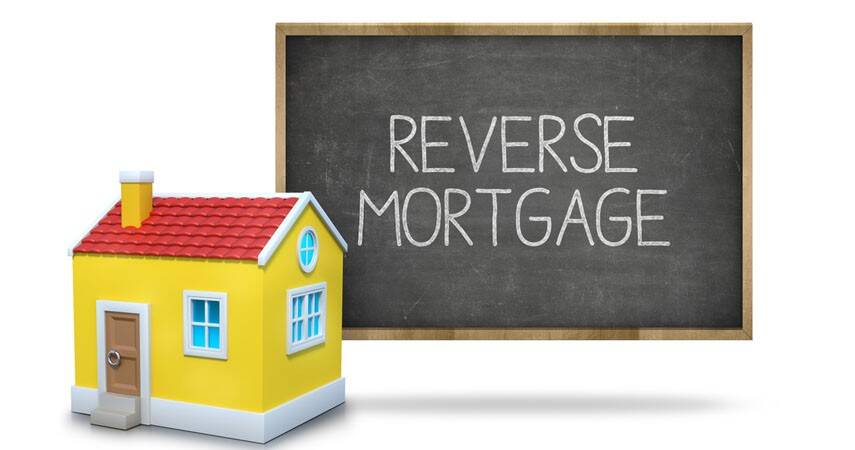First, we need to explain what reverse mortgage is. In layman’s term, a reverse mortgage is a process where the borrower mortgages his property while he continues to reside in it and receive periodic payment for the same throughout the lifetime. After, the demise of the borrower, the ownership of the property goes to the bank.
Let us explain how reverse mortgages work. Banks value the cost of the property by checking the market conditions, the state and condition of the property, and demand. After considering price fluctuations and interest costs, the bank disburses the loan amount to the borrower in periodic payments. The periodic payments that the borrower receives are also called reverse EMIs. The borrower’s interest and the equity over the house decrease with each instalment. This type of loan helps the senior citizens to have a constant supply of income.
Guidelines laid out by RBI regarding the reverse mortgage:
- Sixty percent of the residential property will be the highest loan amount.
- The minimum tenure offered by the banks is generally 10 years while the maximum tenure offered is 15 years. Some banks also offer the maximum tenure for 20 years.
- Loan payments can be made in lump sum amount, quarterly, yearly or monthly, depending on the agreement between eh bank and the borrower.
- Every five years, the evaluation will be done by the bank. If the price of the property has increased then the borrower will be given the increased amount of lump sum.
- The amount received through a mortgage is not a loan, hence it is not taxable. To recover the loan, the capital gain tax is levied on the borrower at the time of alienation of the mortgaged property.
- Interest rates can be either fixed or floating.
Eligibility criteria
- The applicant must be over the age of 60 and if there is a co-applicant, spouse, then they must be over 58.
- The residential property that is self owned and self occupied is only considered for a reverse mortgage.
- The name on the property papers must be clear and correct. The property should not be under any dispute or hassle.
- The property must be the permanent residence of the borrowers.
Settlement
If the next of kin fails to make the payment, then the banks recover the money by selling off the property. The excess or extra money is settled between the legal heirs.
Important points to note
- The borrower may continue to live in the place after the tenure is over. Only the periodic payment is stopped. After the demise, the property is settled with the bank.
- During the tenure, the borrower can prepay the loan at no additional charges.
- In the event of a death of one of the borrower, then the other can continue living in it. The settlement only takes place after the death of the last survivor.
- The loan can be closed under following circumstances
- If the borrower has not stayed in the house for more than one year.
- If the borrower goes bankrupt
- If the home insurance has not been taken or the property tax has not been paid.
- If the borrower donates or abandons the property.
- If the security of loan for the lender is affected by the changes that the borrower has brought in the property.
- If for the safety of health reasons, the government condemns the property.







